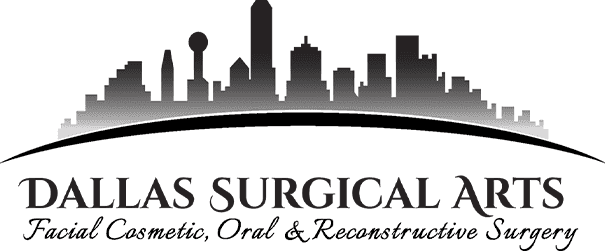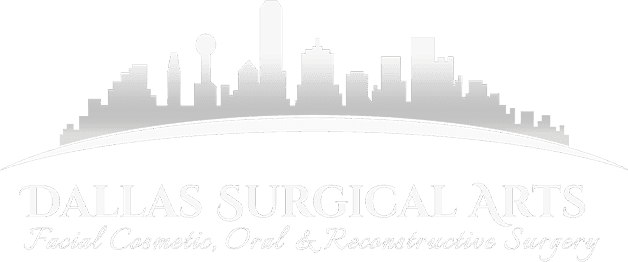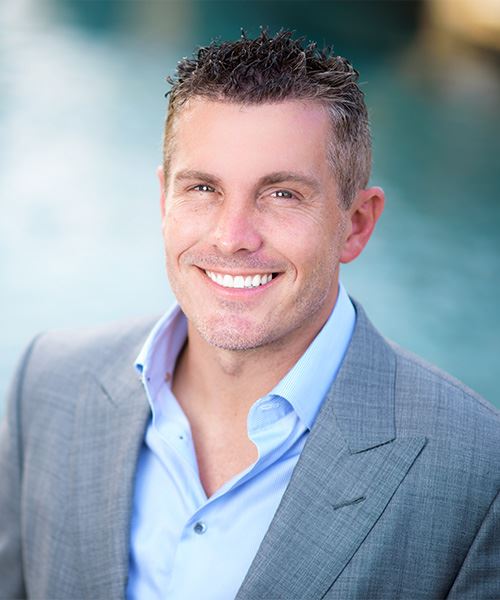How to Prepare for Surgery
We thank you for choosing our office for your procedure. We want to help you succeed in every way possible. You will have a presurgical appointment 2-3 weeks before your surgery with the surgical assistant that will be involved in your procedure. At this appointment, a 3D scan of your teeth will be obtained along with a CBCT scan to allow Dr. Sanovich and the engineer team to plan your surgery. The planning we use is called VSP (virtual surgical planning), which allows your surgeon to create your custom implant based on a 3D model of you prior to the surgery date. We will provide you a copy of the plan once it is complete, usually within 10-14 days following your pre-surgical appointment. If you have someone that will be taking care of you, it is recommended that they come to this pre-surgical appointment to hear and understand post op instructions. All prescriptions that are called in are to be taken after surgery. We will provide one dose of arnica to help prevent bruising, which you can start taking 8 days prior to your procedure. If you would like to take another dose post-surgery, arnica supplements can be purchased at our office or in common drugstores. We recommend obtaining all necessary items before surgery, that way after surgery you can go straight home and rest.
During the recovery process, keep in mind that the tissue may feel different than what you are used to, and texture will continue to change and improve as you go through the recovery process. We ask you to manage your healing expectations immediately after surgery, as you will begin to see results approximately 6 weeks after surgery, and optimal results can be seen at 6 months or more.
What Can I Expect After Surgery?
- Generally, facial swelling and bruising will start to minimize by 10-14 days after surgery. We recommend sleeping in a reclined position for 10 days to help minimize swelling.
- Your chin and neck will be slightly numb for several weeks or months. Sensation will start returning as healing progresses. When the sensation starts returning, you may experience a “pins and needles” or an “itching” sensation. That is a sign that the nerve is recovering and is completely normal. Avoid any exposure to extreme hot or cold temperatures, as you risk burning the skin following the surgery due to decreased sensation.
- You will leave the office on the day of your procedure with a head wrap that can be removed 24 hours after your procedure. You can replace it with a head wrap that we will provide for you.
- The neck will be stiff up to 3-4 weeks following the procedure.
- The incision is inside of the mouth and therefore creates swelling intraorally that can take up to 4 weeks to subside. Your smile will seem to change during the healing process due to swelling and numbness, but should return to normal within 3-6 months after surgery.
- There will be bleeding from inside the mouth that can take up to 72 hours to resolve. We ask that you don’t pack gauze in the site, as it could irritate or re-open the incisions.
- While healing, please avoid peeling back the lip to look at the incision, as it could cause it to open.
- We also have surgical ice machines to help reduce swelling that are for purchase or rent.
Numbness
- Your face and neck may feel tight after surgery. There may be a feeling of numbness in your face for several weeks that could last for 3-6 months after surgery. It will eventually dissipate, and your feeling will return to normal with time.
- A long-lasting local anesthetic (numbing injection) will be administered during surgery. This will assist with pain relief for up to 72 hours. Your chin and lower lip will feel numb until the anesthetic wears off.
Diet Restrictions After Surgery
- You may have something to eat once you leave our office, but do not eat anything hot. Start with liquids and soft, non-chew foods: soup, yogurt, scrambled eggs, etc. You should gradually advance to a soft-chew diet for the rest of the week. A soft diet is anything you can cut with a fork (ground meat dishes, casseroles, cooked vegetables, chicken, fish, macaroni, etc.). Foods to avoid are things like popcorn, nuts, and foods with seeds or berries in them.
- Hydration is key to recovering. We recommend 8-10 glasses of liquid per day throughout the recovery process.
Activity Level After Surgery
- Avoid any strenuous physical activity for one week.
- You may return to school or light duty work (non-physical labor) between 1-2 weeks after surgery, or as tolerated. We can provide school or work notes as needed.
- Although you just had surgery, we recommend you do not stay in bed while awake to minimize the chances of blood clots forming in your legs.
- Try to transfer to a chair and walk throughout the house. You want to be as active as possible but avoid doing anything too strenuous.
Prescriptions After Surgery
- You will be prescribed medications based on your health history.
- You will receive pain medication to use for the first 3-5 days after surgery.
- An antibiotic will be prescribed for you to start taking the day after surgery.
- Antibiotic mouth rinse will be called in to use for the first week to help with hygiene.
- An oral steroid will be prescribed to help reduce swelling.
- Anti-nausea medication will help limit any nausea you may experience after surgery.
Hygiene
- You may shower and wash your hair and face following the surgical procedure.
- Begin using the prescribed mouth rinse, Peridex (Chlorhexidine), on the first evening of the surgery. Begin rinsing with ½ ounce (line notated within the mouth rinse cap) for 30 seconds. Only use twice daily after brushing for one week. Use a baby sized, soft-bristled toothbrush to clean the teeth. Keeping the mouth clean will reduce the chance of infection.
- After the first week, the sutures should start to dissolve as the gum tissue starts to heal. You may rinse with warm salt water as often as you like to help soothe the wounds. Avoid mouth rinses with alcohol (most of the commercial OTC mouth rinses contain alcohol), as they may burn and irritate the healing wounds.
- Avoid smoking as it will slow or prevent healing and may result in an infection.
- Avoid directing water picks to the incision sites in the first 1-2 weeks following surgery, as the fluid may become trapped in the wound.
- A head wrap will be placed that will hold ice packs. This may be removed when you are not utilizing the cold packs.
What Happens at the Follow-Up Visits?
- You will have a follow-up 1 week following the procedure to assess the incisions and overall healing progress. We will not remove sutures at this time, as we like to keep the sutures in the mouth for 2-3 weeks.
- We have a Candela Vbeam Prima Perfecta Laser Machine, a pulsed-dye laser (PDL), that will help remove dark red or purple bruising more quickly.
- We take photos at each follow up appointment to monitor your healing progress.
- You will have a follow-up 2-3 weeks after surgery, where any remaining sutures will be removed.
- You may call or email at any time during your recovery if you have any questions or concerns between follow-up visits.
When Should I Call My Doctor?
- If you have difficulty breathing
- If you have a sudden onset of new or increased swelling or bleeding
- If you have a foul odor or taste in your mouth
- If drainage or discharge occurs at the incision site
- If you are unable to urinate
- If you have severe pain that is not improved with medications
- If you experience a rash, nausea, vomiting, severe headache, severe constipation, or other unexpected reactions
- If you have an oral temperature over 100.5 degrees
- If you have a question or concern that must be addressed prior to the follow-up visit
Who Should I Call if I Have Questions?
Please call our office at (972) 914-3660. You may also email photos or questions to info@dsa.live and someone will get in touch with you within 24-48 hours.


 Dr. Randy R. Sanovich, DDS Board Certified Facial Cosmetic Surgeon, Board Certified Oral & Maxillofacial SurgeonAs a dual board-certified surgeon in oral, maxillofacial, and facial cosmetic surgery, Dr. Randy Sanovich is committed to providing optimum results for his patients. Dr. Sanovich’s extensive training ...Learn More
Dr. Randy R. Sanovich, DDS Board Certified Facial Cosmetic Surgeon, Board Certified Oral & Maxillofacial SurgeonAs a dual board-certified surgeon in oral, maxillofacial, and facial cosmetic surgery, Dr. Randy Sanovich is committed to providing optimum results for his patients. Dr. Sanovich’s extensive training ...Learn More Dr. Daniel Sanovich Board Certified Oral & Maxillofacial Surgeon
Dr. Daniel Sanovich Board Certified Oral & Maxillofacial Surgeon Dr. Max McCullum Board Eligible Oral & Maxillofacial Surgeon
Dr. Max McCullum Board Eligible Oral & Maxillofacial Surgeon Jennifer Laudien Licensed Esthetician, Senior Certified Laser Hair Technician
Jennifer Laudien Licensed Esthetician, Senior Certified Laser Hair Technician Hannah Killeen Licensed Esthetician, Certified Laser Technician
Hannah Killeen Licensed Esthetician, Certified Laser Technician Martin Serralde Registered Nurse
Martin Serralde Registered Nurse







